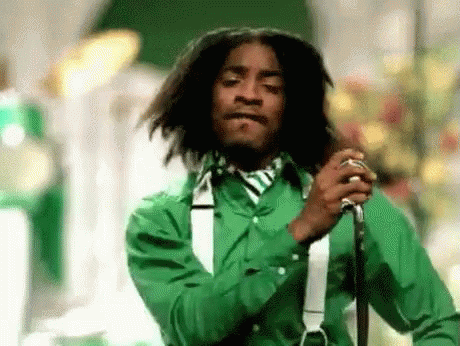What do you think?
Rate this book


352 pages, Hardcover
First published March 1, 2008

The rain stopped as everybody came out of the church and got into their cars or walked away through the village and Elizabeth pulled Gilbert to the car faster and faster, like running away, and made him laugh. At home they ate lunch without talking very much and not tasting anything particularly at all and the afternoon, for Lewis at least, was strangely flat and just difficult. He couldn't seem to do any of the things he normally did, and the sight of his father was still unfamiliar to him and disturbing. He was used to a feminine presence and he found his father's maleness oddly threatening. He was exciting, and to be adored, but he was foreign too, and he changed the balance of the house. Gilbert's uniform had not been burned, but hung in the wardrobe in the spare room, where he dressed, and Lewis should have liked him to keep wearing it and be distant and heroic instead of real and influencing Lewis's daily life the way he did. In his suits and tweed jackets he looked like a father and more approachable, but it was deceiving, because he was a stranger, and it would have been easier if he hadn't looked like someone you might know very well and yet not be. (pp.26-7)
Lewis reached them and Gilbert got out of the car. Alice wished she had gone into the house and didn't have to watch. Gilbert bore down on Lewis, who was trying to pass him. She couldn't hear what they were saying and didn't need to. Gilbert was shouting at Lewis, who was backing off; he made a grab for Lewis and grasped his arm, and they struggled, with Gilbert trying to force up Lewis's sleeve to look for himself. They were out of sight of the village and there was no-one to see, but Alice hid her face in shame at all of them anyway and didn't see Lewis, pulling away from his father, cast one quick look at her.
Gilbert, gripping Lewis's hand, yanked his sleeve up. Lewis's arm was bared and they were both still.
Gilbert had no way of demonstrating his feelings at seeing his son's scars, or about the day, or about the things Lewis had done in all the years he could remember since Elizabeth's death. For just a moment, like a brightly lit photograph, he remembered the son he thought he would have. Then he let go of Lewis's marked up arm and looked into his face and Lewis saw himself reflected. Gilbert told him to cover himself and walked away. The worst had happened between them, it seemed. (p.177)
